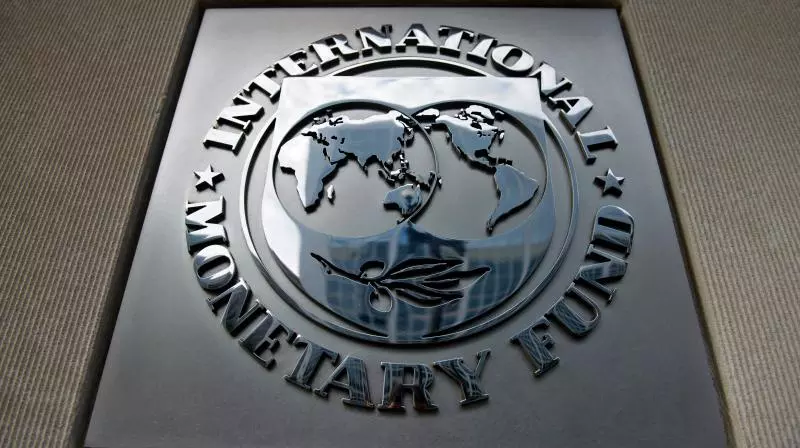IMF Warns Pakistan Not to Use RSF Fund for Other Purposes and Before Second Review
The IMF and the World Bank dictated that wrong energy policies are causing the accumulation of the circular debt in addition to the government's bad governance

Chennai: Considering the rising tensions with India and “perceived misuse of funds”, Pakistan has been asked by the IMF not to make any disbursements from the $1.4 billion Resilience and Sustainability Facility (RSF) outside its review and not before the completion of the second review. Adding 11 more conditions to its RSF, the IMF also wants Pakistan to avoid misperceptions about its lending activities.
The IMF’s Executive Board in its first review on May 9 had approved RSF, which will support Pakistan’s efforts in building economic resilience to climate vulnerabilities and natural disasters, with access of around $1.4 billion.
The IMF in its review report issued on Sunday, said that “enterprise risks have increased”.
“The rising tensions between India and Pakistan, if sustained or deteriorate further, could heighten enterprise risks to the fiscal, external and reform goals of the program. Reputational risks could also come from any perceived lack of even handed or if there was a perceived misuse of fund disbursements,” it said in a report.
“Given the RSF’s different purpose, its disbursements are available for fiscal financing, although there cannot be any disbursements outside of an EFF review and not before completion of the second review. Careful Fund communication will be essential to underscore the Fund’s neutral role and avoid misperceptions about its lending activities,” IMF warned Pakistan.
Disbursements under the EFF are dedicated to build reserves, and the program’s ambitious fiscal and reserve goals (including floors on social spending) limit the space for non-priority spending and the use of reserves to finance imports.
As mitigants, the Pakistani authorities have reiterated their strong commitment to the program, which is designed to help restore economic stability, build resilience through stronger reserve buffers, and advance reforms to create stronger and inclusive growth, IMF noted.
Against this backdrop, the IMF modified its performance criteria adding 11 more conditions under structural benchmarks.
Pakistan needs Parliamentary approval of a FY26 budget in line with IMF staff agreement to meet program targets.
It has to implement the new AIT laws through a comprehensive plan, including the establishment of an operational platform for processing returns, taxpayer identification and registration, a communication campaign and a compliance improvement plan.
It should publish a governance action plan based on the recommendations of the Governance Diagnostic Assessment.
It must make an annual inflation adjustment of the unconditional cash transfer (Kafaalat) program.
It should prepare and publish a plan outlining the government’s post-2027 financial sector strategy, outlining the institutional and regulatory environment from 2028 onwards.
It should send notifications of the annual electricity tariff rebasing and gas tariff adjustment and notifications of the semi-annual gas tariff adjustment.
It should adopt legislation to make captive power levy ordinance permanent and also adopt legislation to remove the cap on the debt service surcharge.
It has to prepare a plan based on the assessment conducted to fully phase out all incentives in relation to Special Technology Zones and other industrial parks and zones by 2035.
Pakistan should submit to parliament all required legislation for lifting all quantitative restrictions on the commercial importation of used motor vehicles (initially only for vehicles less than five years old, subject to meeting minimum environmental and safety standards).

